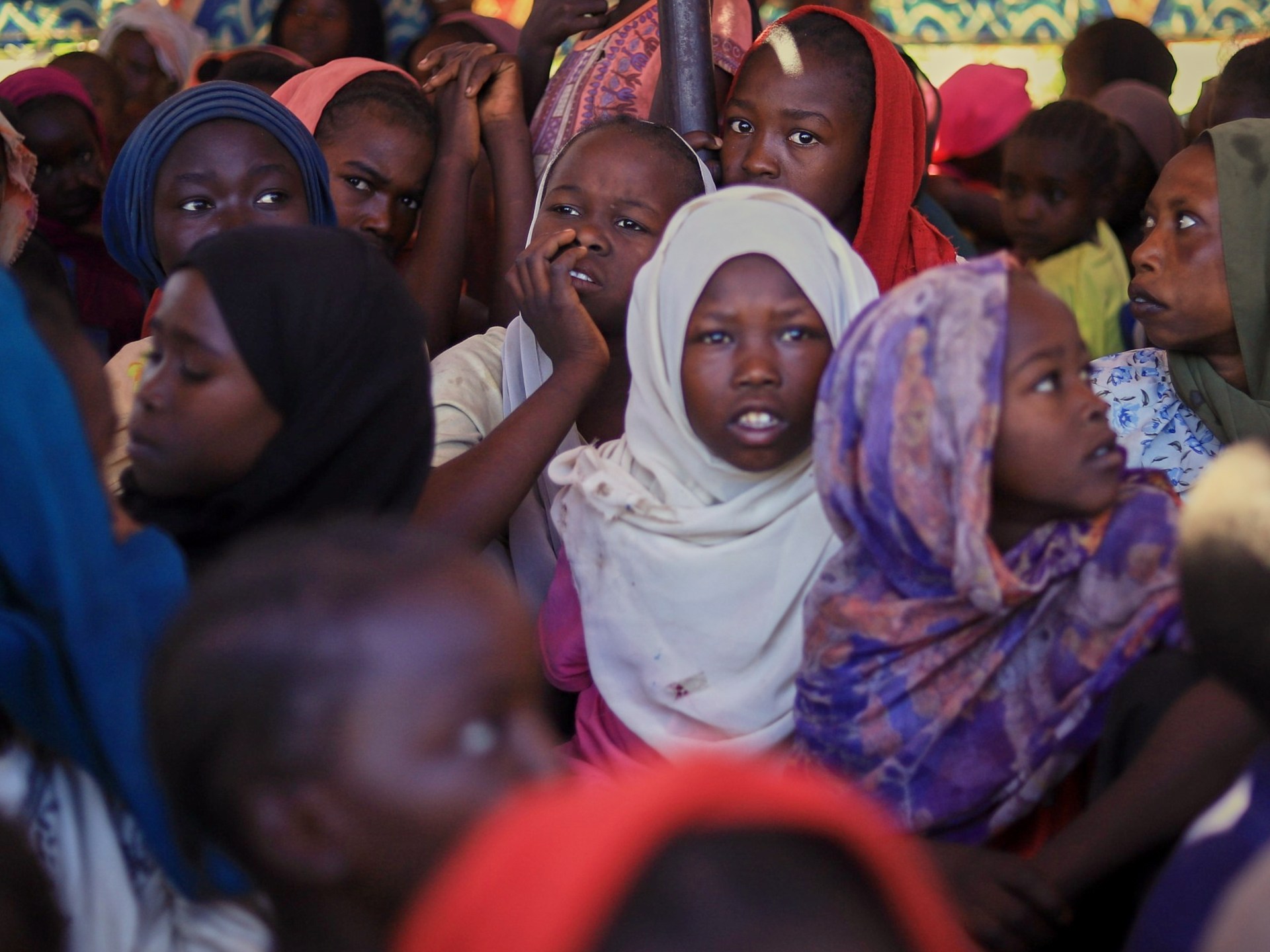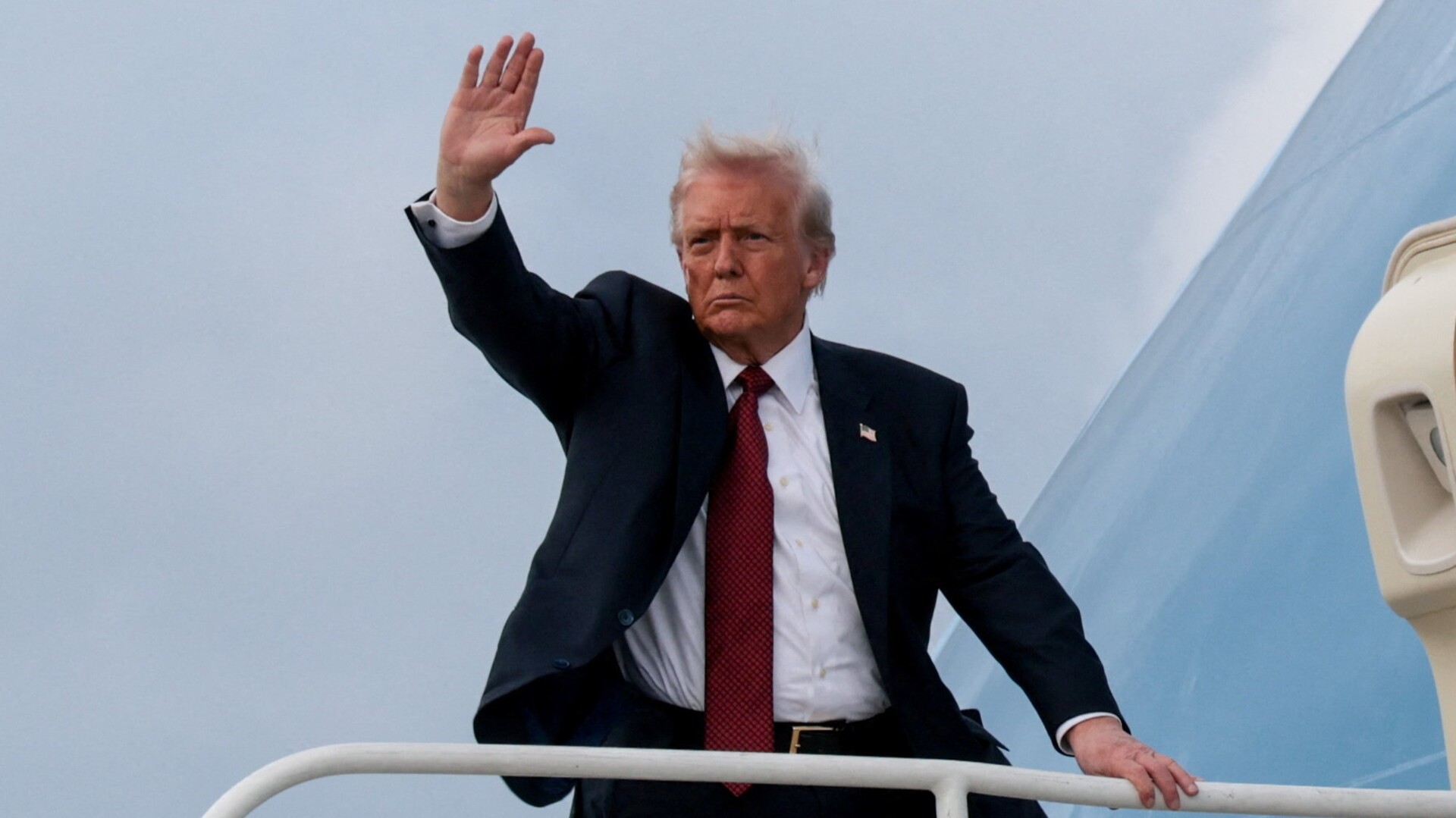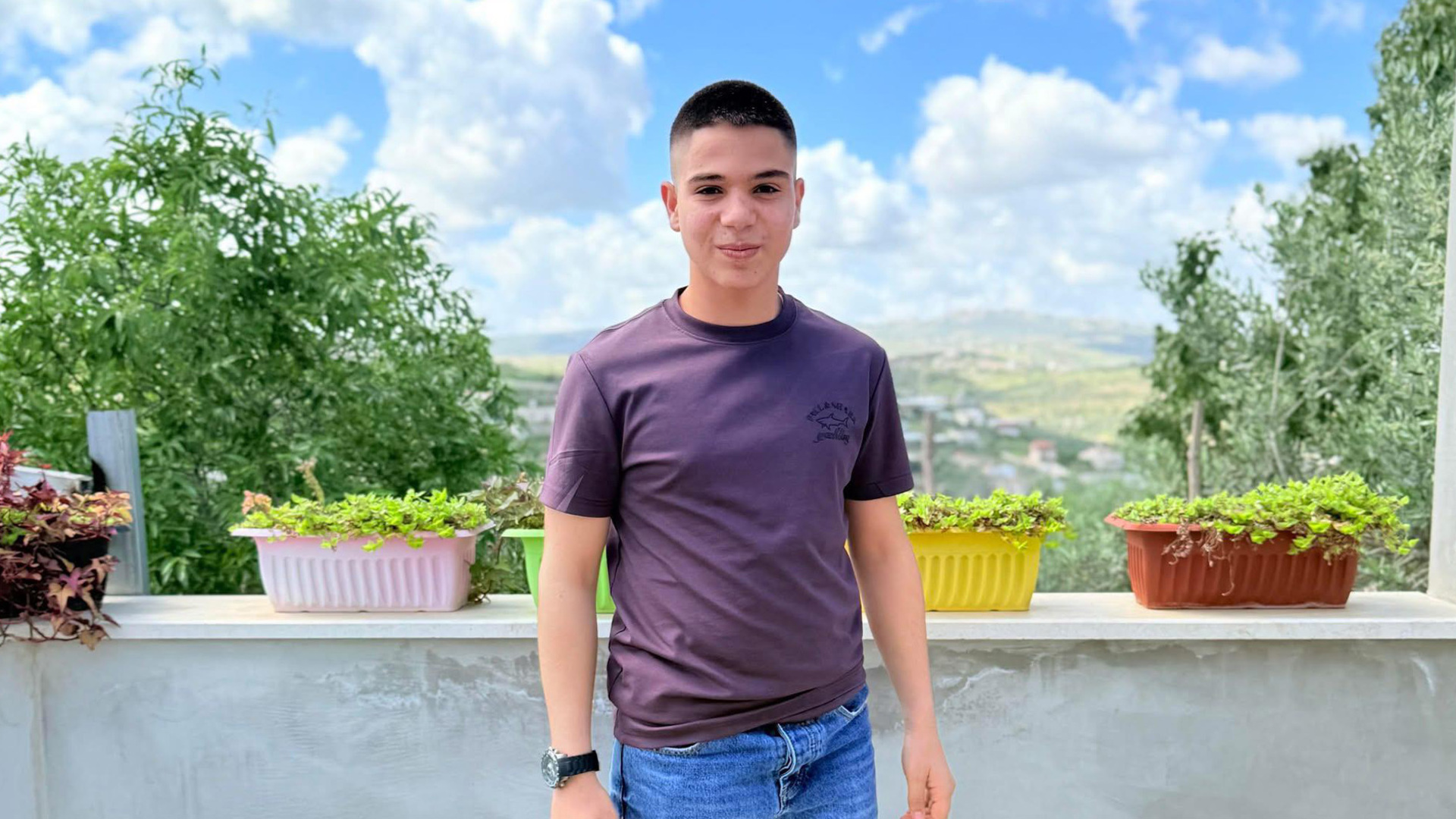Imagine walking for days and nights to escape gunfire. You carry your child in your arms, guiding them through the darkness to avoid drone attacks. You have no food, no water, and nowhere safe to go.
This is the reality for families in Darfur and across Sudan, where civilians are being trapped, targeted, and terrorised as the country’s brutal war enters its third year. In el-Fasher and other parts of Darfur, entire communities have been besieged. Those who try to flee are attacked; those who remain face starvation, violence, and disease.
Behind these headlines are women and children who are suffering the most. Sexual violence is being used systematically to punish, to terrorise, and to destroy. Women and girls are abducted, forced to work for armed groups during the day, and then assaulted at night, often in front of others. Many survivors are children themselves. Some of the girls who have become pregnant through rape are so young and malnourished that they are unable to feed their babies.
Perpetrators no longer attempt to hide their crimes. Violence has become so widespread that recording or documenting cases can cost you your life. In Tawila, North Darfur, only one clinic run by Doctors Without Borders can provide care for rape survivors.
Boys are also being drawn into the conflict. Over the past 10 days, three trucks filled with children were reported heading towards Nyala, while in South Darfur, children are being armed and sent to fight. Families are disappearing without a trace.
Aid workers are also targeted. They are being kidnapped for ransom, assaulted, sometimes killed, and targeted because armed groups believe humanitarian organisations can pay. Many of those delivering aid are Sudanese women who risk their lives every day to bring food, water, and protection services to others.
Violence has also taken on an ethnic dimension. One displaced person told us, “I cannot go back, they will know by my skin colour which tribe I am from, and they will kill me.”
Sudan is now the world’s largest displacement crisis and one of its most severe humanitarian emergencies. More than 30 million people need urgent assistance. Fifteen million have been forced from their homes. Hunger and cholera are spreading fast. Clinics have been destroyed, schools are closed, and 13 million children are out of school, their education and futures slipping away.
Yet even amid this devastation, Sudanese women’s organisations are leading the response. They are running safe spaces, supporting survivors of violence, and keeping children learning where they can. They know their communities and continue their work despite constant danger. Their courage deserves not only recognition but also support.
The humanitarian response, however, remains catastrophically underfunded. Only about a quarter of what is needed has been received. Without immediate resources, millions will be left without food, medical care, or shelter as famine looms. Funding protection and psychosocial support for women and children is not optional. It is life-saving.
And this is not only a crisis of violence but also a crisis of indifference. Each day the world looks away, more lives are lost and more futures erased. The international community must support investigations into war crimes, including sexual violence, ethnic killings, and attacks on aid workers. Silence is not neutrality. Silence gives a blank cheque for horror to continue.
We must act now, urgently. Governments and donors must fully fund the humanitarian response and ensure access for those delivering aid. They must press all parties to immediately stop attacks on civilians, guarantee safe passage for those fleeing, and allow relief operations to reach those cut off by the fighting.
Humanitarian workers and grassroots organisations are risking their lives so that others might live. The world must match their courage with urgent action.
Above all, Sudan’s women and girls must be part of shaping peace. They are already leading by organising, sheltering, and rebuilding amid the chaos. Their courage offers a glimpse of the country Sudan could still become.





